Alumni removed from athletic fields on campus
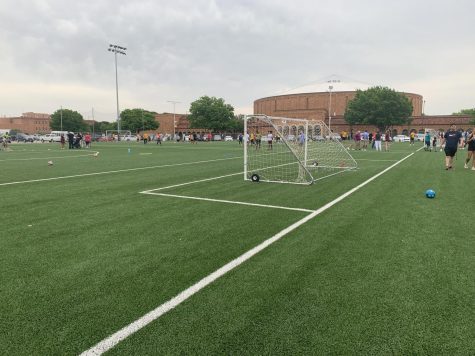
On a sunny afternoon in March, a group of friends decided to head to the athletic fields on campus for a friendly game of Ultimate. These friends consisted of both current students and recent graduates. The players began their casual game, just like they did during their college years, only to have their experience cut short. What they called “an unannounced police officer” quickly approached the friends and insisted they leave the premises due to not all of them being students.
The group recalled the officer informing them that the president of the school and other university officials were opposed to their usage of the facilities.
Before the fall of 2016, the university transitioned what once were three standard sized grass fields to multiple fully turf fields. Three of the fields remain standard size and serve primarily as practice facilities for the football team as well as both soccer teams. However, the two smaller sized fields typically remain for the recreational use of other students.
Records show the field cost the school more than $3.8 million. Approximating student enrollment at 6,000 students that year, the renovation of the athletic fields on the north and south campus cost each student more than $600. The university has established a rule prohibiting any usage of the fields outside of currently enrolled students. Any unauthorized personnel must seek permission and approval before using the fields.
Should alumni be able to use the athletic turf fields on campus without restrictions?
— The Wichitan (@WichitanOnline) April 15, 2019
Although no single department claims sole responsibility for the regulation of the fields or creation of the rule itself, the athletic department, police department and wellness center share the duty of regulation.
Patrick Coggins, chief of police, is tasked with upholding the laws implemented by the school. Although the weather causes a variation, Coggins said his team removes unauthorized users from the athletic fields roughly two to three times per week.
“There are several reasons why MSU enforces this policy. Wear and tear is certainly a consideration, being that the fields are turf. The more people that use them, the more they’re worn and torn. Also, you can only have so many people on the fields at one time,” Coggins said. “For fields to be used by non MSU students, if MSU students want to use the same space, that is an issue there. I’m sure there’s an economic factor that plays a role in that decision as well.”
In addition, Coggins said having unenrolled users presents the university with liability issues that cannot easily be controlled.
“When fields are used by whomever and there is no control over that, it poses a liability to the university to have people here without having gone through the proper authorization to use the fields,” Coggins said.
Angie Reay, director of the Redwine Student Wellness Center and recreational sports, said protecting the fields from deterioration is one of the main reason the rule is put in place.
“We want to make sure our fields are taken care of, so if we have general public coming out and using them and they’re not paying for our facilities, we still on the back end have to take care of the fields,” Reay said. “It’s a large cost to run those fields and take care of the turf.”
Although alumni or any other non-enrolled students are prohibited from using the fields, a fee can be paid to reserve the field. Reservations can be made with Reay by phone or email for a flat fee of $150 per day.
However, alumni say they feel that because they have previously paid for tuition and fees, field usage should come at no cost to them.
Mason Wilson, 2017 business graduate, was one of the alumni who was removed from the athletic fields. Wilson claims his group of friends were causing neither harm nor disturbances.
“We were not harassing the fields. We kept the fields clean and tidy and we were not being rough on the turf,” Wilson said. “It’s unfair because we weren’t doing anything wrong.”
Wilson said he believes using the facilities should be one of the benefits of being alumni.
“If alumni can’t use the same fields that we used when we were students, there is less of a reason to stay in the town,” Wilson said. “If there is no support, there is no benefit to calling yourself an MSU alumni.”
Mallory Ledoux psychology junior is a student; however, she said many of her friends have already graduated and the rule prevents her from using the field altogether.
“When graduated students can’t use the fields, it makes it difficult to hang out with alumni friends, especially when the weather is nice,” Ledoux said.
Ledoux said she believes because alumni contributed to the university financially through tuition and fees, they should be able to access the fields.
“The rule is unjust because the alumni paid tuition that contributed to funding the field,” Ledoux said. “Being able to continue to use the facilities that they helped pay for is the least the school could do.”
Bryant Vergara, Wichita County resident, said he believes if his tax dollars are going to the bettering of the university, he and others should be able to use the fields at their leisure.
“Considering Midwestern State University is a publicly funded state university, part of the property taxes that we pay as Wichita County residents goes to the university therefore there should be a level of community access, especially because we are alumni,” Vergara said. “It doesn’t really make sense to pay for something we can’t use.”
Despite these complaints, Reay ensures the rule is put in place primarily for the safety and protection of others.
“I know since I’ve been here it’s been a bit of a change in culture. Having little kids or other people who are not enrolled is a liability for us if someone was out there and was to get hurt.”



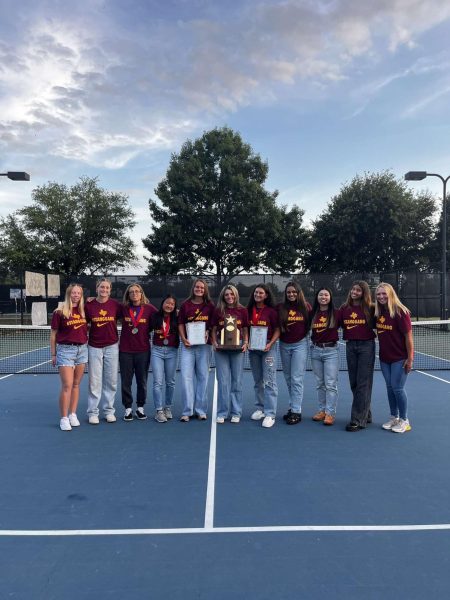
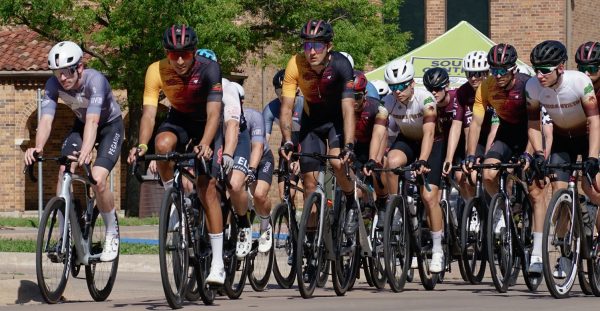

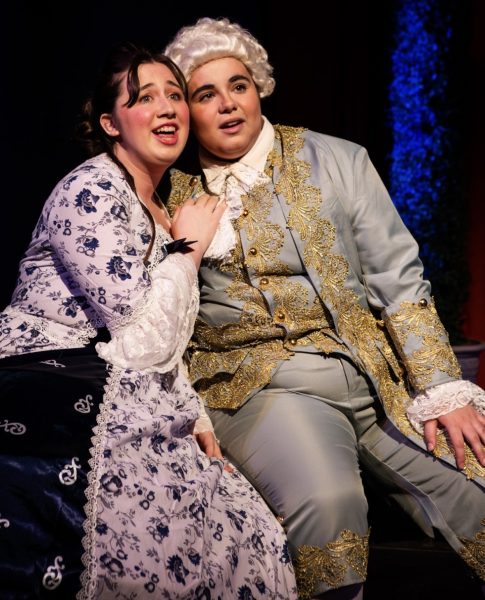
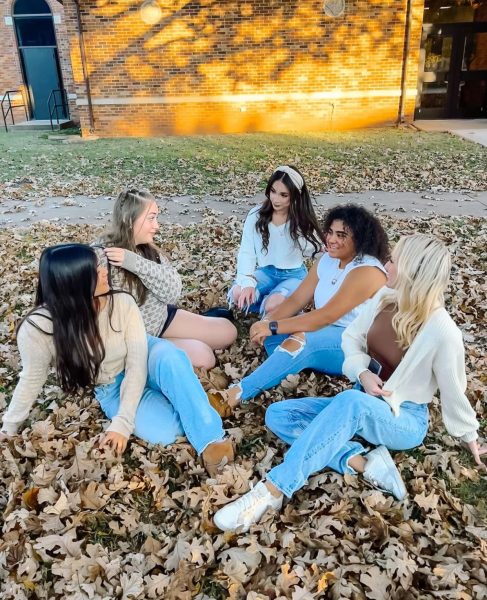
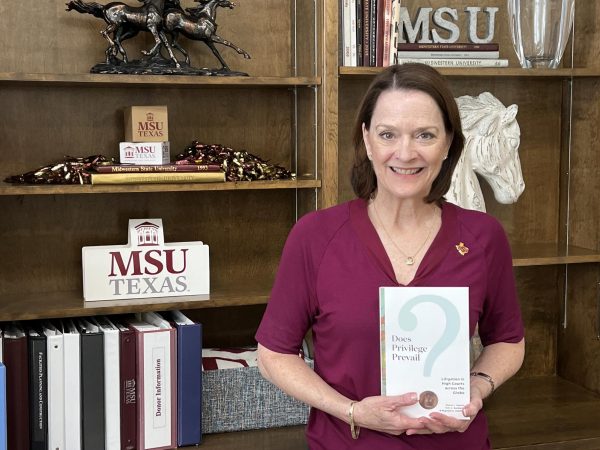
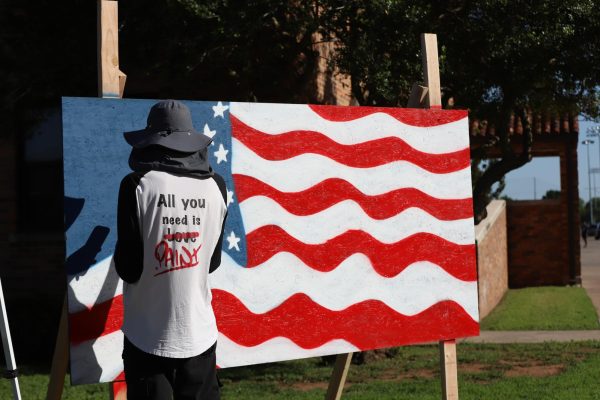
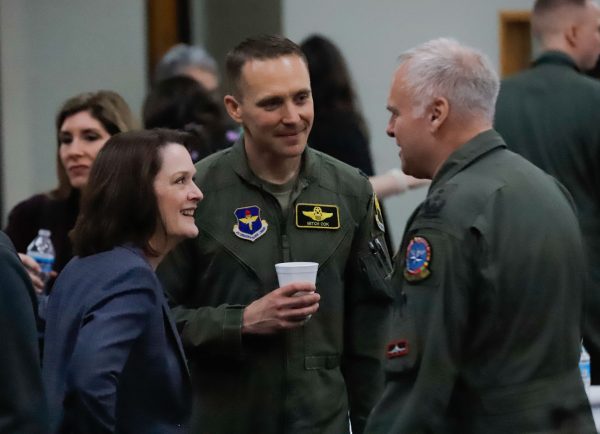
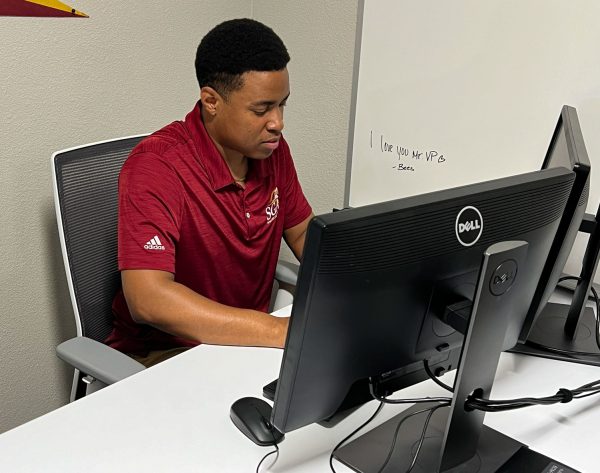
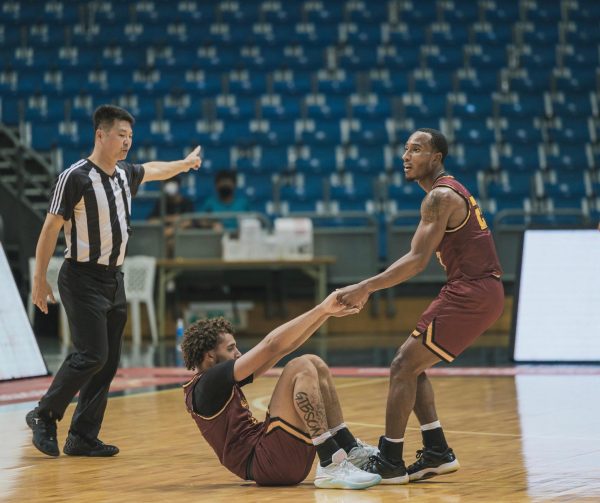

Andrew Murray • Apr 20, 2019 at 12:59 PM
It is a well organized story and has a really good use of conflict making me interested.